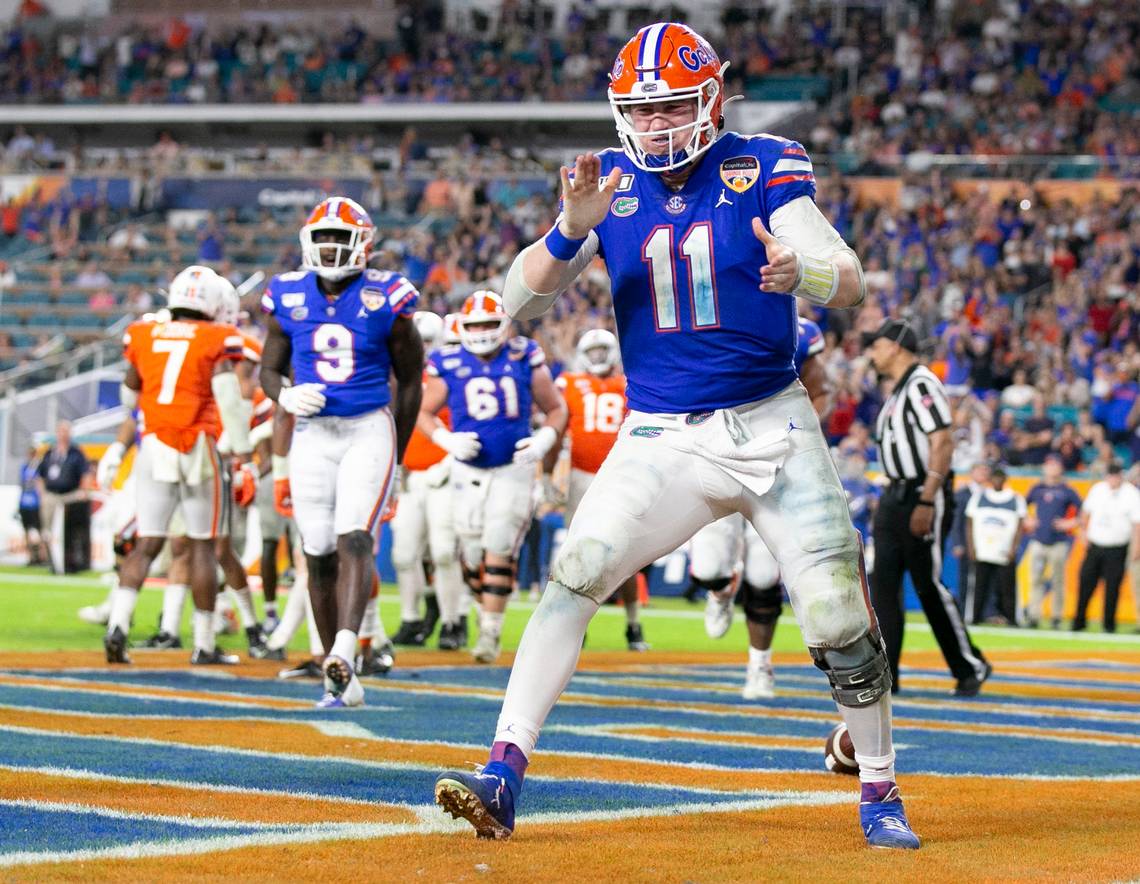When Will Florida Legalize Sports Gambling
- When Will Florida Legalize Sports Gambling Betting
- When Will Florida Legalize Sports Gambling Winnings
- When Will Florida Legalize Sports Gambling Report
- When Will Florida Legalize Sports Gambling Laws
Legal sports betting in Michigan commenced on March 11, 2020, with two Detroit-area casinos launching on the same day. The move came less than three months after Governor Gretchen Whitmer signed. The Florida Senate is pushing a bill to legalize sports betting statewide. It would allow instant wagering on smartphones, make betting kiosks as common as lottery terminals, and allow betting on. That would result in no sports gambling at all at least through 2021. Florida will legalize sports gambling Things looked dead in Florida after voters approved Amendment 3, which allows Florida residents to exclusively authorize casino gambling within the state.
The president of No Casinos Florida, an anti-gambling group – John Sowinski, questions the very legitimacy of the Legislature to legalize sports betting, citing Amendment 3, that provided voters.
Florida will take a crack at legalizing sports betting via the state’s lottery, in bills filed in the state legislature on Monday. But its prospects seem uncertain given the political landscape in the state.
Florida sports betting bills, at a glance
You can see the bills from state Sen. Jeff Brandes here:


Key points from the legislation:
- Sports betting would be done via the lottery and additional licensees authorized by the lottery. It would allow for online betting.
- A license fee costs $100,000.
- Licensees would pay a tax rate of 15% of revenue.
The legislation faces some major hurdles, however.
The backstory for Florida sports betting
Florida lawmakers worked on sports betting legislation last year, but it had been held up in negotiations between the Seminole Tribe — which operates casinos under a compact — and the state.
The new effort might represent a path to getting sports betting done without the tribe’s approval, although such a tack could be fraught with peril given how politically powerful the Seminoles are in the state. The Seminoles have steadfastly maintained they have exclusivity over offering sports betting in the state, an idea that has not been challenged in practice.
The tribe is currently not paying the state because of an ongoing legal battle. The newest proposed budget does not include money from Seminole casinos.
There also the matter of Amendment 3, which passed last November:
“This amendment ensures that Florida voters shall have the exclusive right to decide whether to authorize casino gambling by requiring that in order for casino gambling to be authorized under Florida law, it must be approved by Florida voters pursuant to Article XI, Section 3 of the Florida Constitution. Affects articles X and XI. Defines casino gambling and clarifies that this amendment does not conflict with federal law regarding state/tribal compacts.”
There is at least some argument that sports betting is not “casino gambling” but it creates yet another issue in an already complicated situation.
The state has tried on multiple occasions to legalize daily fantasy sports, as well, but those efforts have largely been thwarted by the Seminoles.
In any event, doing sports betting without the Seminoles’ blessing would seemingly be a non-starter and create even more bad blood as the state hopes for payments from the tribe’s gambling facilities to resume in the future.
Big states try to make sports betting progress
While sports betting has expanded rapidly around the US — with 19 states having legal betting live or will launch next year — progress has been difficult to come by in the four largest states in the union.
That includes:
- New York, where legislation to legalize online betting failed last year; a new effort will take place this spring. There are legal sportsbooks upstate, however.
- California, where there have been two different constitutional amendments proposed.
- Texas, where the legislature doesn’t even meet again until 2021.
With Florida included, that’s states with more than 100 million in population that do not have access to legal online betting.
/cdn.vox-cdn.com/uploads/chorus_image/image/59743317/632832532.jpg.0.jpg)
Correction: This story originally said the state and operators would share revenue 50-50. Revenue is actually taxed at a rate of 15%. Legal Sports Report regrets the error.
© DAVID SWANSON/Philadelphia Inquirer/TNS Bettors at the sportsbook at SugarHouse Casino in Philadelphia on launch day, Dec. 13, 2018. Florida is pushing to legalize sports betting in 2020.Picture a future where you settle in with a beer, a ballgame and a bet that can be made legally with the click of a button.

If you’re watching a boring blowout, plug in a wager that the struggling quarterback will toss another interception before the end of the quarter.
The push is on in Florida to legalize sports betting, and a pile of cash is at stake.
State Sen. Jeff Brandes, R-St. Petersburg, says Florida is missing out on much-needed tax revenue by keeping sports betting underground. He cited studies by economists that $150 billion in illegal sports betting takes place nationwide.
“We think it’s time for Florida to take it out of the shadows and into the sunshine,” he said.
Brandes filed a bill that would authorize the Florida Lottery to offer sports betting through self-service kiosks. The state lottery would also offer licenses for businesses to take sports bets through websites and mobile apps. Licensees would split their proceeds 50-50 with the state’s share going to fund scholarships and educational services.
Legalized sports betting is inevitable, but it won’t happen in the near future in Florida, said Bob Jarvis, a law professor at Nova Southeastern University.
Jarvis said he wouldn’t bet on Brandes’ bill finding success in Tallahassee because it ignores the “800-pound gorilla in the room” — the powerful Seminole Tribe of Florida.
“His bill is DOA,” said Jarvis, who teaches classes on gambling law. “A longshot comes through every once in awhile. This bill isn’t getting out of the chute.”
The tribe operates six casinos across the state and wants to control sports betting, he said.
Legalized sports betting also would set off a barrage of lawsuits that would take time to resolve — from whether sports leagues should get a cut of the proceeds to whether the Legislature has the power to offer sports betting through the state lottery, Jarvis said.
Brandes’ bill would allow betting on collegiate and professional sports, as well as Olympic and international contests. Youth and high school sports are omitted. The bill allows in-game betting, and you’d have to be 21 or older to wager.
While Brandes sees a boon for the state, John Sowinski, president of the anti-gambling group No Casinos Florida, sees a nightmare. He said legalized sports betting would turn stadiums into open-air casinos where fans are betting on everything from how many fumbles there will be to how long it will take a singer to finish the national anthem before the game.
Sports would be forever changed by the addictive form of gambling that would be only a click away, Sowinski said.
He doesn’t think the Legislature even has the authority to authorize sports betting.
“It can only be approved by voters through a statewide constitutional initiative,” Sowinski said. “It is a reasonably open and shut matter.”
In 2018, voters approved Amendment 3, which stipulated that any expansion of “casino gambling” can be done only through a citizen-initiated constitutional amendment.
Sowinski said that means voters would have to approve sports betting in the ballot box. Brandes, though, has a different interpretation and thinks sports betting could be authorized by the Legislature and wouldn’t require voter approval.
That amendment, plus the Florida House’s historic opposition to gambling bills, could put a stop to Brandes’ efforts. His bill does not have a companion piece of legislation in the House.
Earlier this year, the Seminole Tribe quit a longstanding revenue-sharing agreement it had with the state, which granted the tribe exclusivity on lucrative blackjack and other banked card games at its casinos.
The Seminoles say the state has failed to enforce that exclusivity, and the tribe started withholding its roughly $350 million annual payments earlier this year. As a new deal is being negotiated, the tribe has expressed an interest in sports betting.
The U.S. Supreme Court paved the way for states to legalize sports betting in a 2018 decision. Nineteen states have legalized sports wagering.
But sports betting is still off limits in the three most populous states — California, Texas and Florida. In New York, sports betting is allowed only at upstate casinos.
Jarvis said he expects it will take time to hash out the framework on legalized sports betting, but it will happen.
When Will Florida Legalize Sports Gambling Betting
“There is so much money at stake,” he said. “Everyone wants sports betting. The public wants sports beating. The leagues want sports betting because there is new revenue. The government wants sports betting because of the tax revenue.”
When Will Florida Legalize Sports Gambling Winnings
And even sports-betting opponents could be swayed by putting bookies and organized crime out of business, Jarvis said.
———
When Will Florida Legalize Sports Gambling Report
©2019 Sun Sentinel (Fort Lauderdale, Fla.)
When Will Florida Legalize Sports Gambling Laws
Visit the Sun Sentinel (Fort Lauderdale, Fla.) at www.sun-sentinel.com
Distributed by Tribune Content Agency, LLC.